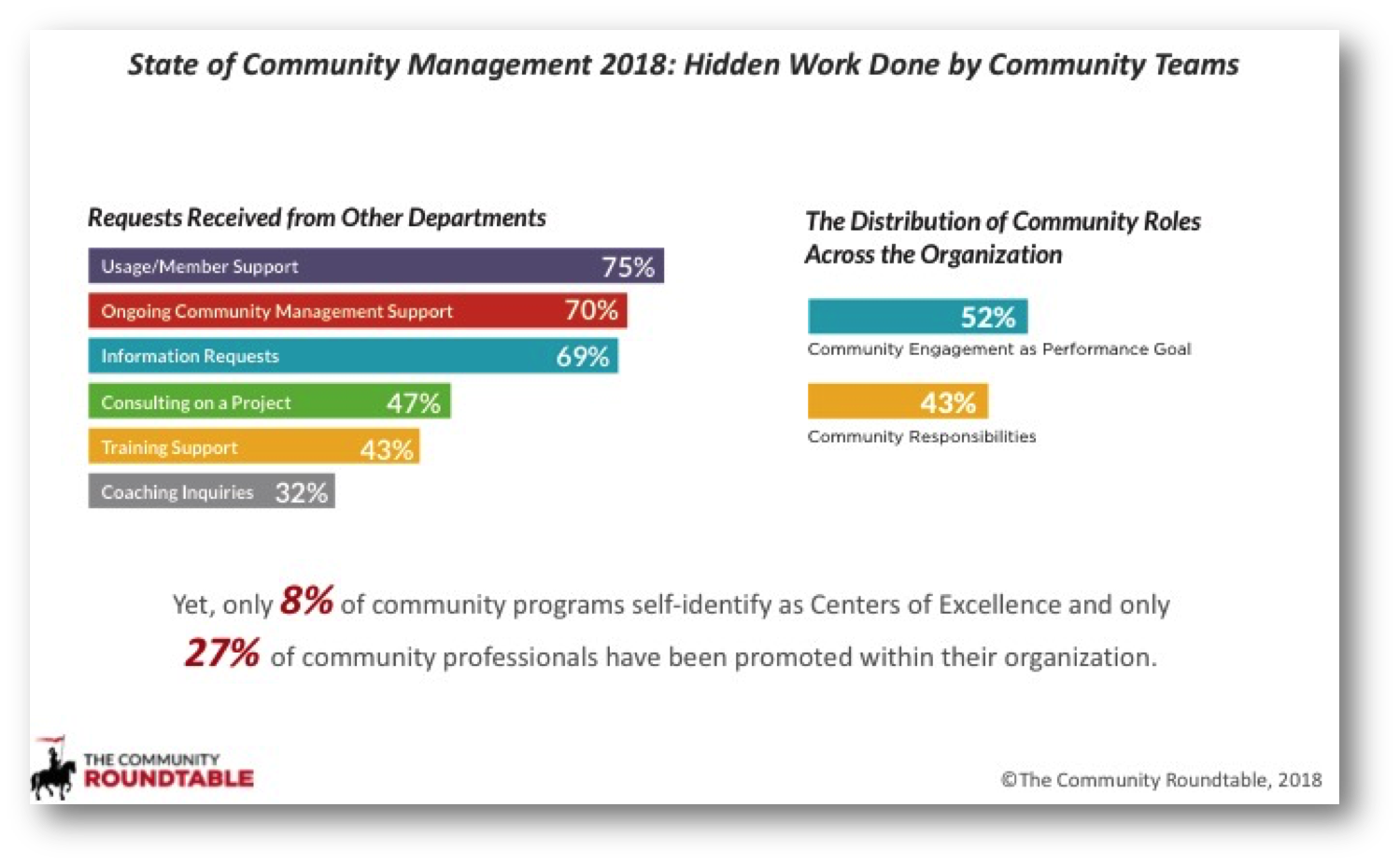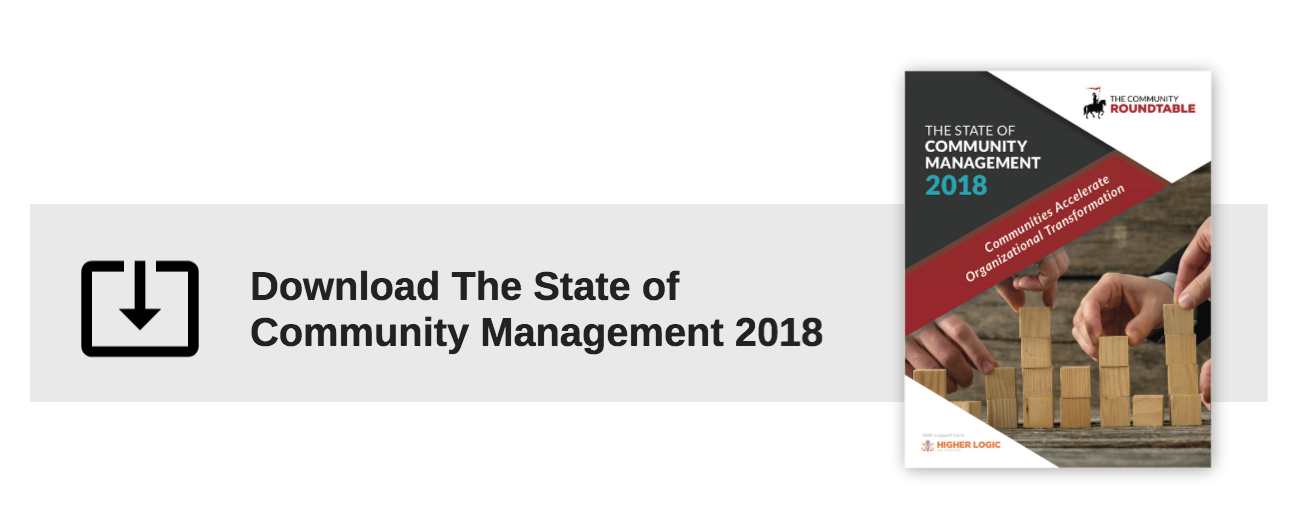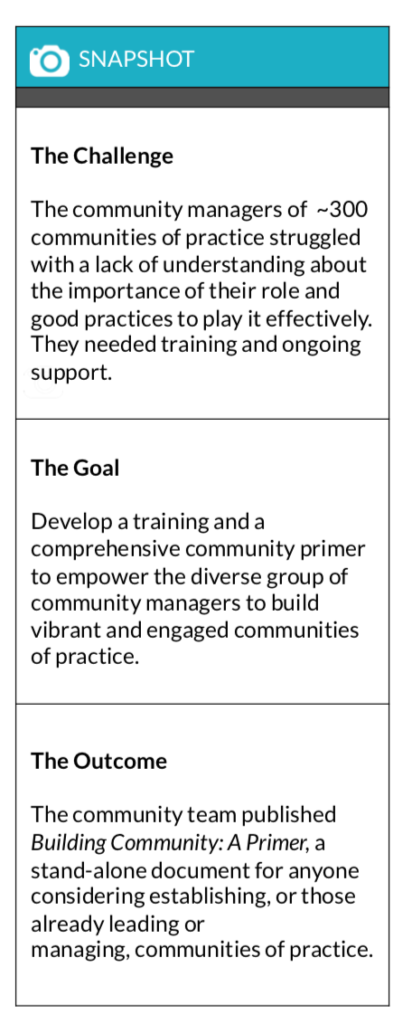
One of the interesting career-based findings from the SOCM 2019, was that only 25% of community roles are approved by HR. This is a crucial number because it means that three-quarters of CM’s do not have clearly defined roles or paths to promotion to go along with them.
When we look at the profile of emerging leaders, we see a wide range of functional backgrounds, skills, and industries. Community leaders are ready to move to a new stage. Are you one of them?
To utilize the SOCM while negotiating a title change, you can reference the section on communities with advanced strategies. Outlining how your role fits into a detailed community strategy, including ROI projections, provides a tool for execs to understand the importance of management to the success of the community.
So you get the new title, but what about compensation and influence?
Even in companies that are supportive of community, CM’s are frustrated with a lack of resources.
Obtaining resources requires organizational influence. Finding opportunities for training and collaboration is helpful in establishing new connections. Using your current network to gain access to new executives and stakeholders is one tactic to get in the door. These interactions help increase the visibility of the community and foster relationships that can propel your career forward.
If you are being asked to help design your new role, this is an excellent opportunity to build a strong foundation of tasks and responsibilities that give you access to other department leads, creates opportunities for collaboration, and facilitates training for executives.
Maybe you are exploring other options and want to design a list of what to look for in a company. Consider things like the organizational governance structure, titles, and roles within community, responsibilities of community staff, and current organizational strategy.
Does the company support a community mindset? Are you willing to help create one?
Knowing what kind of role is right for you, and then defining the duties that support it is empowering and necessary in a market that is diversifying and growing rapidly.
Members of TheCR Network are discussion role transitions, career paths, and compensation every day. Join these vital discussions to contribute your perspective on industry standards and trends.
Although we’ve published several career development resources in the past, such as the Community Careers and Compensation Report 2015, TheCR is also working to develop more careers and compensation information and we would love your feedback. If you have questions around your career path, trends in community careers or anything career-related, drop them in the Community Careers and Development group.

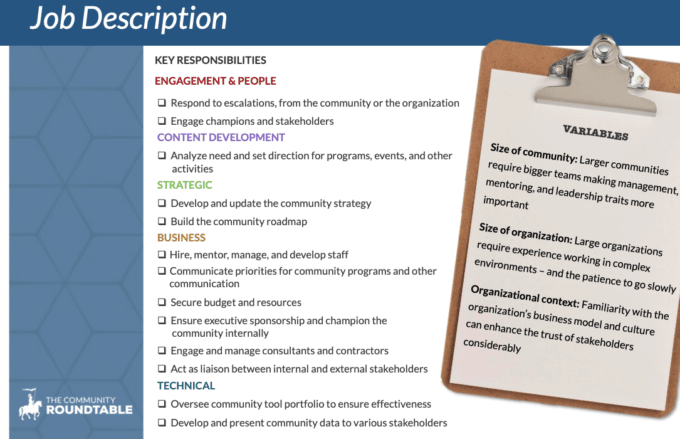
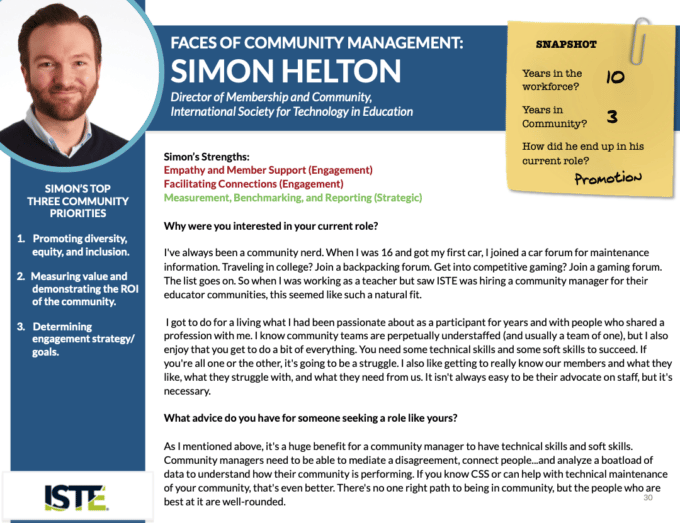
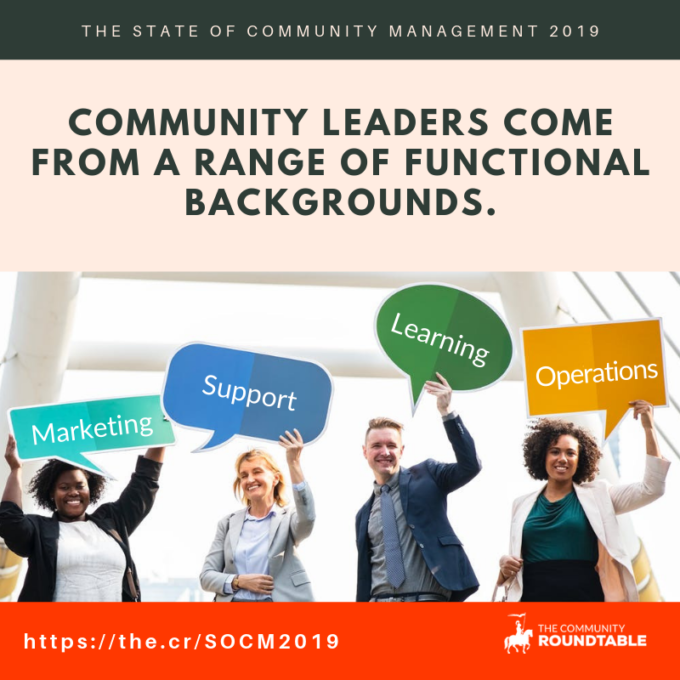
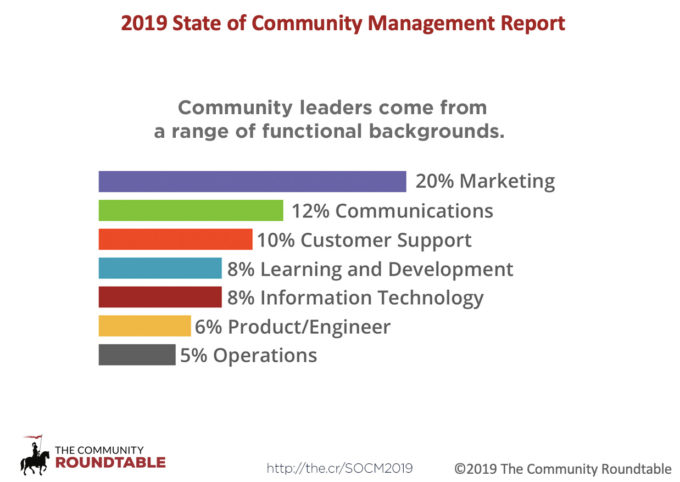
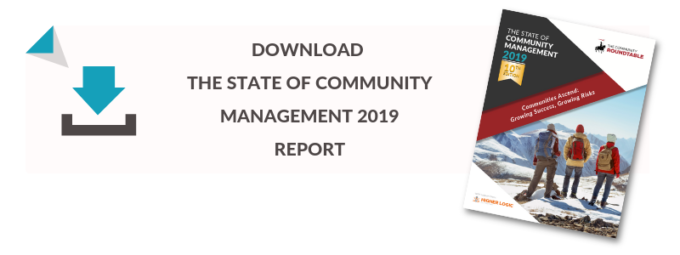
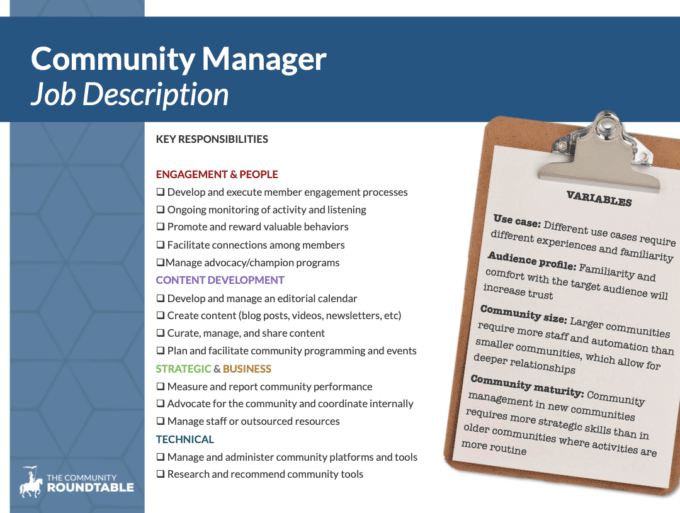

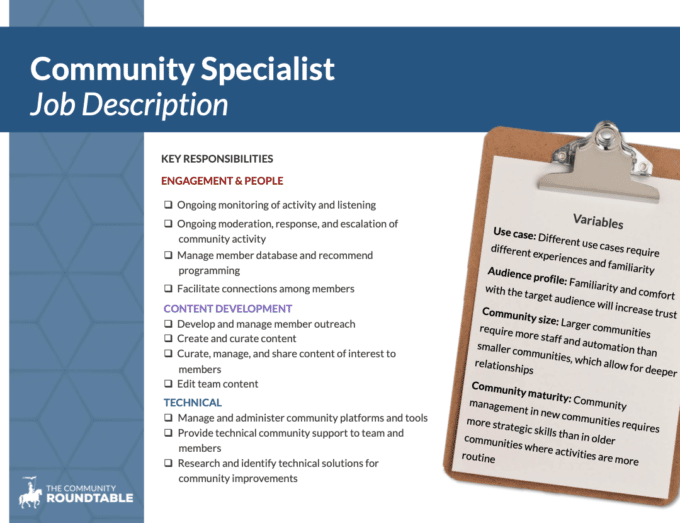
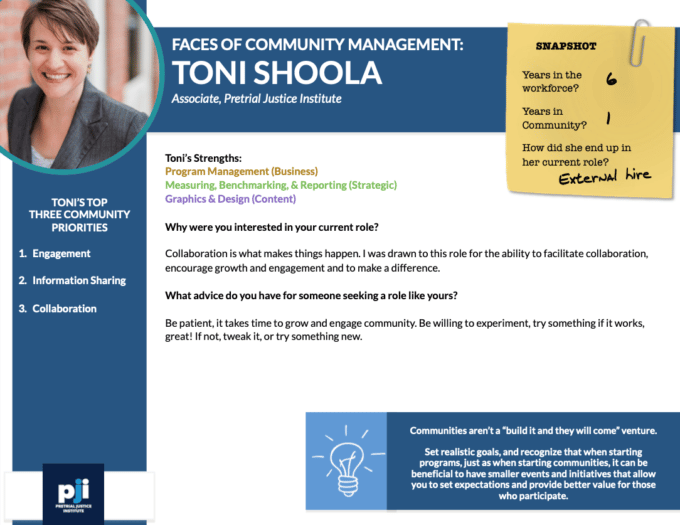
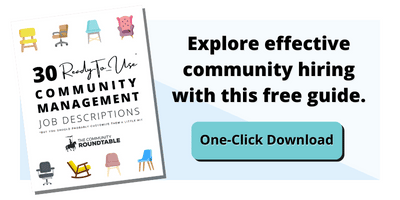
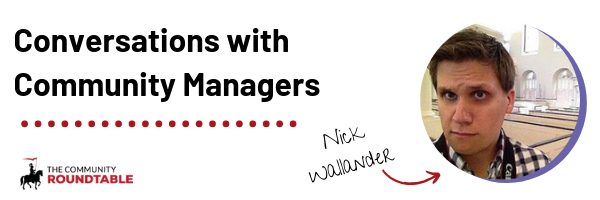

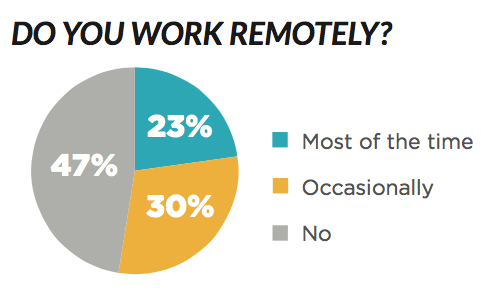
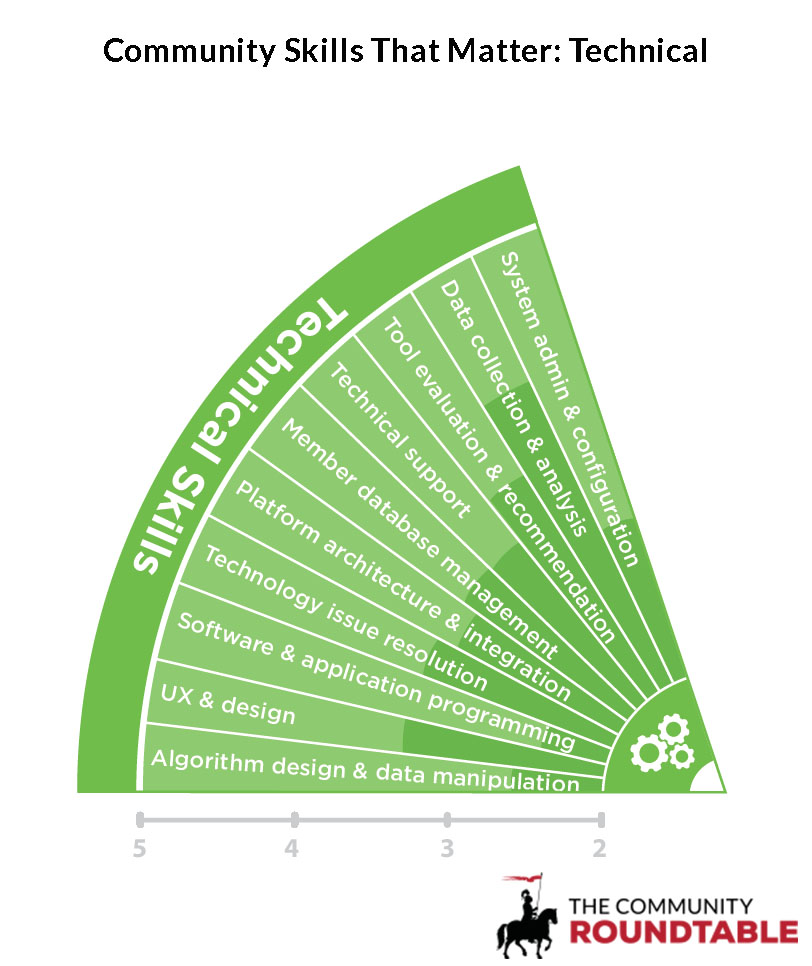
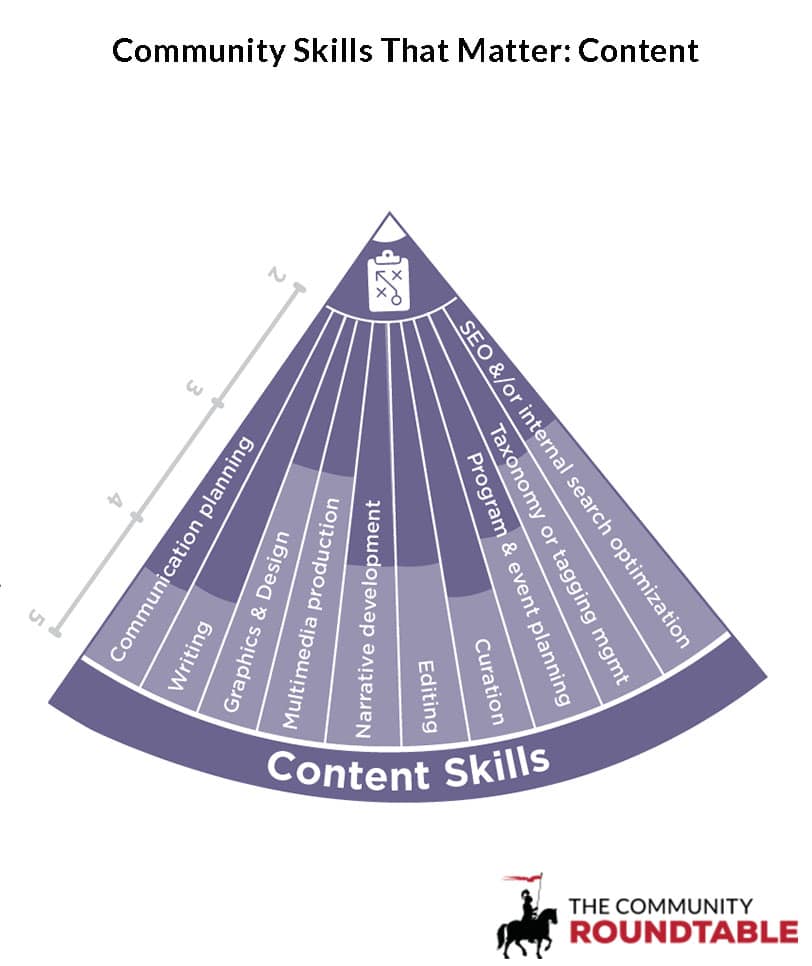
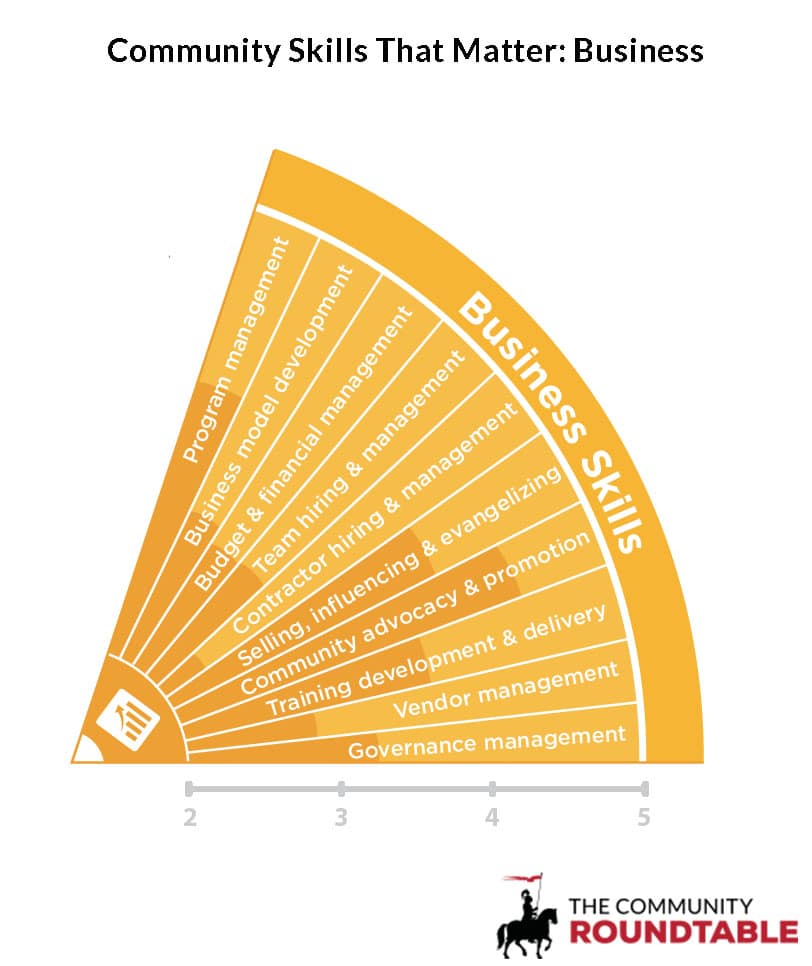
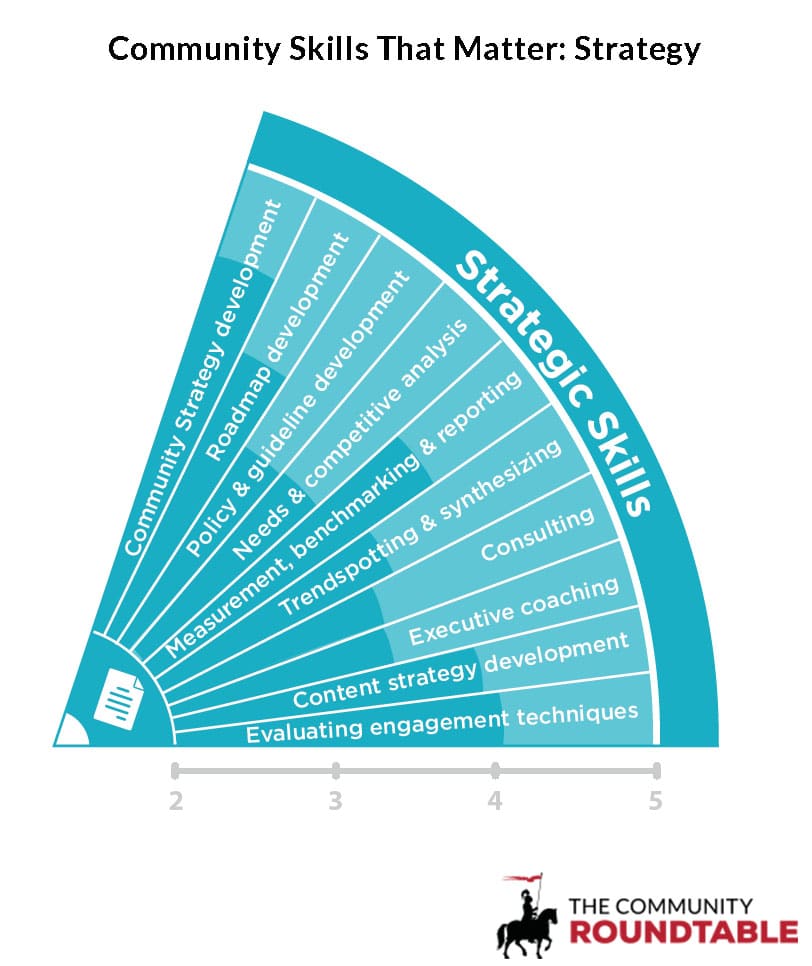
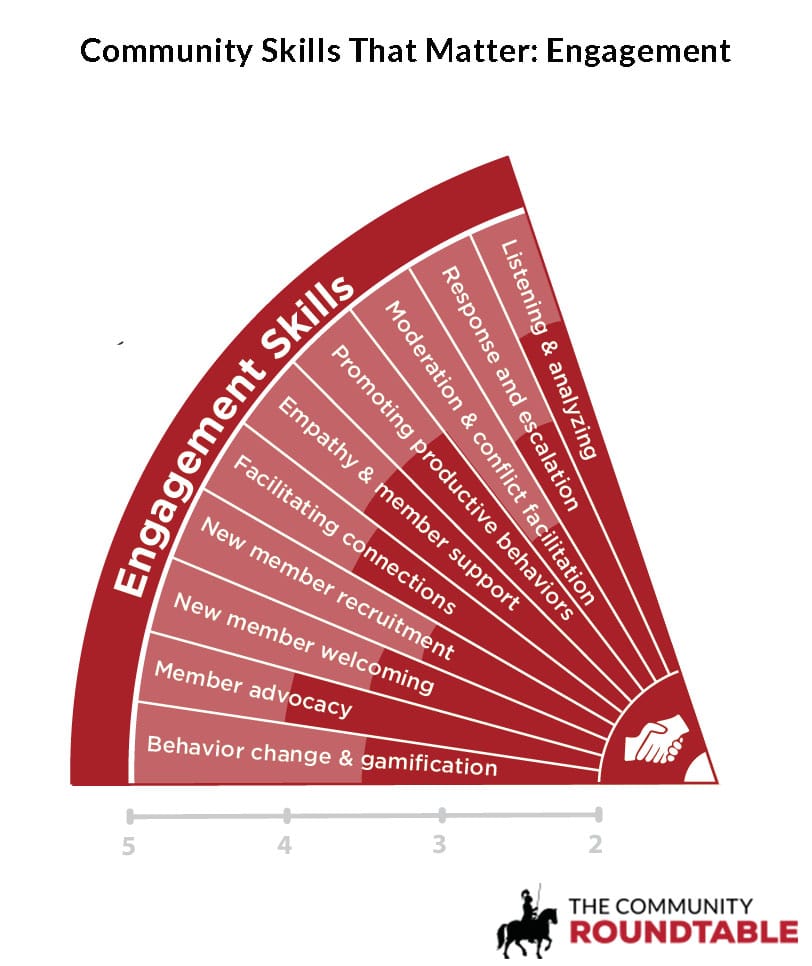
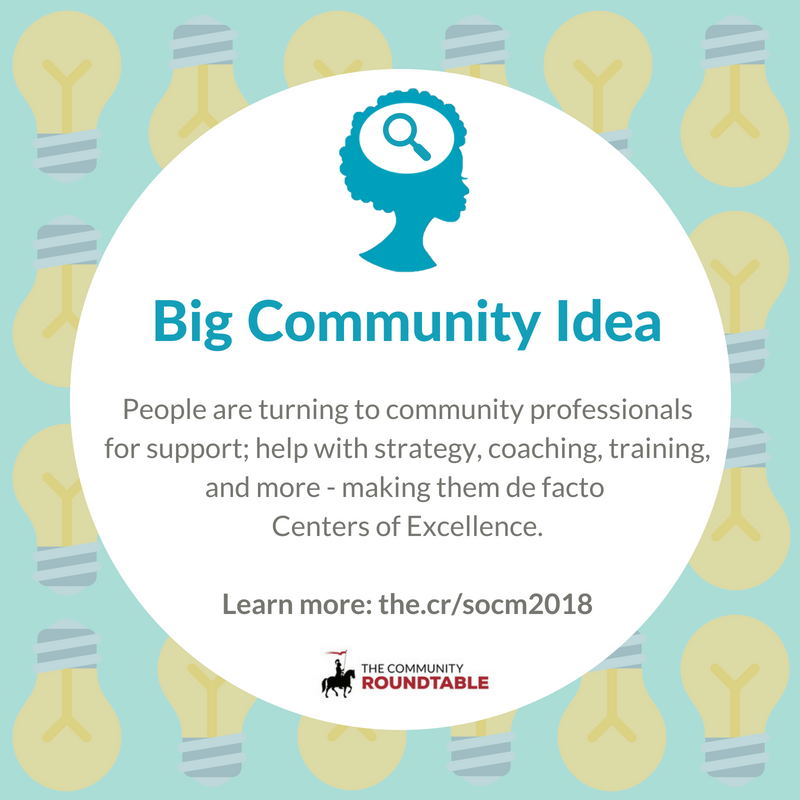 Community management work is evolving along with roles – and evolving rapidly. As all communications become networked, community engagement and management is a discipline that everyone needs to cultivate to be successful.
Community management work is evolving along with roles – and evolving rapidly. As all communications become networked, community engagement and management is a discipline that everyone needs to cultivate to be successful.